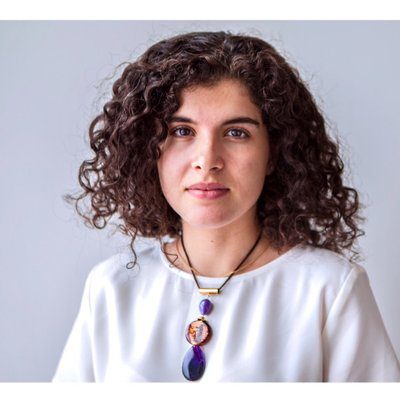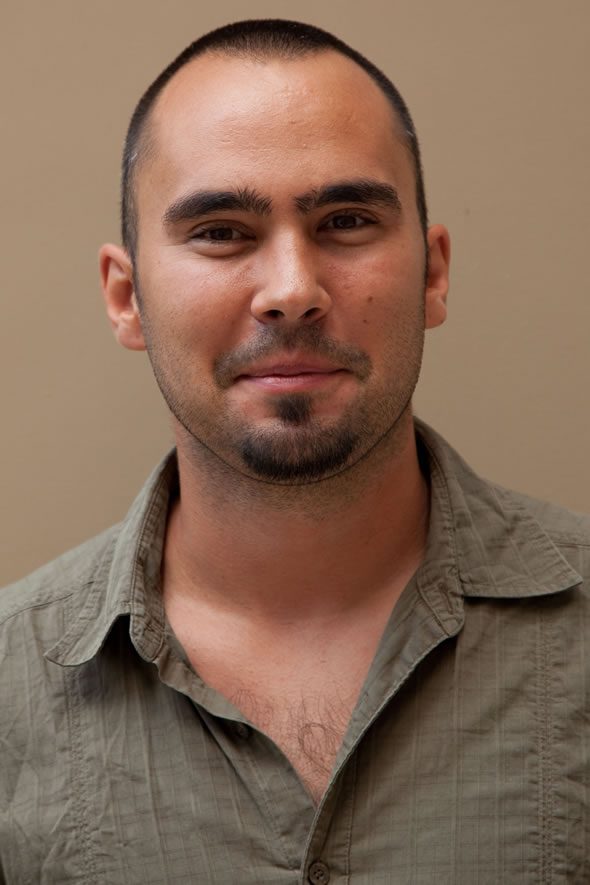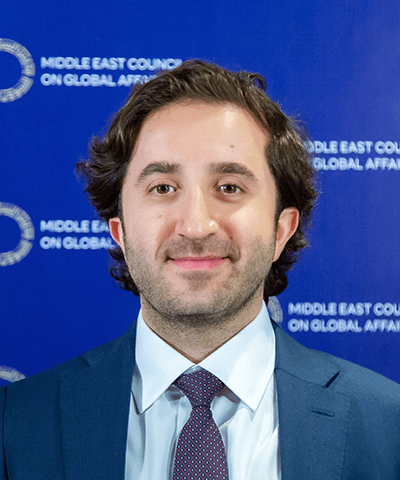Türkiye - Syria Earthquake:
How Far Will the Tragedy Reverberate?
February 28, 2023
Summary
The Middle East Council on Global Affairs (ME Council) hosted a webinar on February 28, 2023, examining the extent to which the devastating earthquakes that struck Türkiye and Syria on February 6 will shape the domestic and regional political orders in the period ahead. The webinar convened a panel of Turkish and Syrian domestic and foreign policy experts to address key issues, including the impact of the crisis on regional security and how the international community can accelerate the reconstruction process. Ranj Alaaldin, fellow at the ME Council, moderated the discussion. The expert panelists included Sara Kayyali, a human rights lawyer and analyst; Piotr Zalewski, Turkey correspondent for The Economist; and Aslı Aydıntaşbaş, visiting fellow at the Brookings Institution.
Alaaldin started the webinar by highlighting the political and economic implications of the earthquakes and their impact on regional stability and security. He noted that the catastrophe resulted in the death of around 51,000 Turks and 7,000 Syrians. He stressed that the conflict in Syria has amplified the damage and will hamper reconstruction efforts, leading to long-term consequences. Already, the Assad regime’s politicization of humanitarian aid delayed efficient rescue efforts and the delivery of aid to the most affected areas in Syria. Alaaldin then posed the first question to the panelists, asking what the next steps are for Türkiye as it undertakes long-term reconstruction efforts.
Zalewski responded that Türkiye’s tumultuous past few years have necessitated short-term thinking and crisis management at the expense of long-term strategizing. The country has been involved in wars in Syria and Libya and faced an attempted coup, two currency crises, a refugee crisis, an unprecedented wave of terrorist attacks, and a global pandemic. In this context, he argued, the long-term is not the most important priority and is eclipsed by short-term concerns. Ankara’s current priority, beyond facilitating responses to the emergency, is the upcoming election. He asserted that the political implications of the election will be significant, with many Turkish citizens feeling that the government’s emergency response was inadequate and that corruption made the consequences of the earthquake deadlier. Zalewski noted a sharp increase in anger towards the government, which had 20 years to prepare for the earthquake but failed to do so. Many cities’ emergency teams were slow to respond, exacerbating the damage the catastrophe inflicted. In addition to the staggering human costs, the damage to Türkiye’s economy is estimated at 34 billion USD, or approximately 4% of the country’s 2021 GDP.
Aydıntaşbaş then turned the discussion to the rapid mobilization of support from neighboring countries, including Greece, in the wake of the disaster. She emphasized that the country suffers from systemic issues that the earthquakes exposed dramatically. Crucially, she noted, the event challenged the image Türkiye has been building as a rising power over the past decades. She agreed with Zalewski that the political effects on the election will be significant; the country is becoming increasingly polarized, and Erdogan is facing a growing oppositional majority. However, she stressed that citizens’ anger towards their government will not necessarily translate into a win for the opposition. Regarding the regional and international responses, Aydıntaşbaş noted that Türkiye is also competing with Ukraine and Syria for reconstruction funds. This is likely to have a significant impact on the foreign policy agenda of the country in the lead-up to the elections. The “Zero Problems with the Neighbors” policy advanced by the Justice and Development Party (AKP) has garnered enormous public support. Thus, in her view, regardless of the elections’ outcome, both the opposition and current government support an agenda involving steady improvements in relations with neighboring countries and regional normalization efforts. There are also shared priorities in terms of managing differences with Western countries and other states to alleviate Türkiye’s economic crisis.
Kayyali then provided insights into the humanitarian aid responses in Syria. She emphasized that cross-border operations in north Syria are gutted by Russia’s veto at the UN Security Council, preventing easy access to that part of the country. Moreover, she noted a disparity in treatment between government and opposition-held areas. The politicization of aid, she stated, has led to calls for a long-term cross-border resolution to be passed, but this is unlikely without Security Council reform or other significant shifts in the international order. In addition, there are not enough people on the ground in the northwest to respond to disasters such as earthquakes. She also stressed that Türkiye’s domestic issues have made Syria a secondary concern, despite Türkiye’s significant role and vested interests in the stability of the northeast and northwest regions of its neighbor.
Alaaldin then pivoted the discussion to the foreign policy and security implications of the disaster. Zalewski added that a vacuum could emerge in parts of Syria controlled by Türkiye as the latter country turns inward. He mentioned that Türkiye does not have enough resources to conduct large-scale reconstruction in northern Syria due to the refugee crisis. Aydıntaşbaş then expressed concern about tensions between different ethnic and political groups in Türkiye regarding refugees. Politicians in Türkiye, she continued, will have to make uncomfortable political choices to mitigate these tensions. Subsequently, Kayyali argued that moving forward without addressing the root causes of the conflict in Syria is unsustainable.
Alaaldin concluded by asking the panelists to address the work of NGOs in Türkiye and Syria that have been conducting post-earthquake rescue operations. Kayyali highlighted the role of the White Helmets, who have been crucial to response efforts in Syria after the recent disaster, as well as during the past decade of civil war. Nevertheless, despite the tireless work of small local teams, they simply cannot scale up to address the full effects of this crisis. As a result, they have called on the UN for support, coordination, and supplies. Kayyali also asserted that Gulf states have played an important role in providing humanitarian aid to Syria. The United Arab Emirates (UAE), for instance, pushed for the opening of border crossings, while Qatar’s Red Crescent was among the few organizations that were given access to northwest Syria to provide medical assistance. These contributions will continue to be essential for the success of relief efforts in the region.
Speakers

Sara Kayyali
Human rights lawyer and analyst

Piotr Zalewski
Turkey correspondent, The Economist


